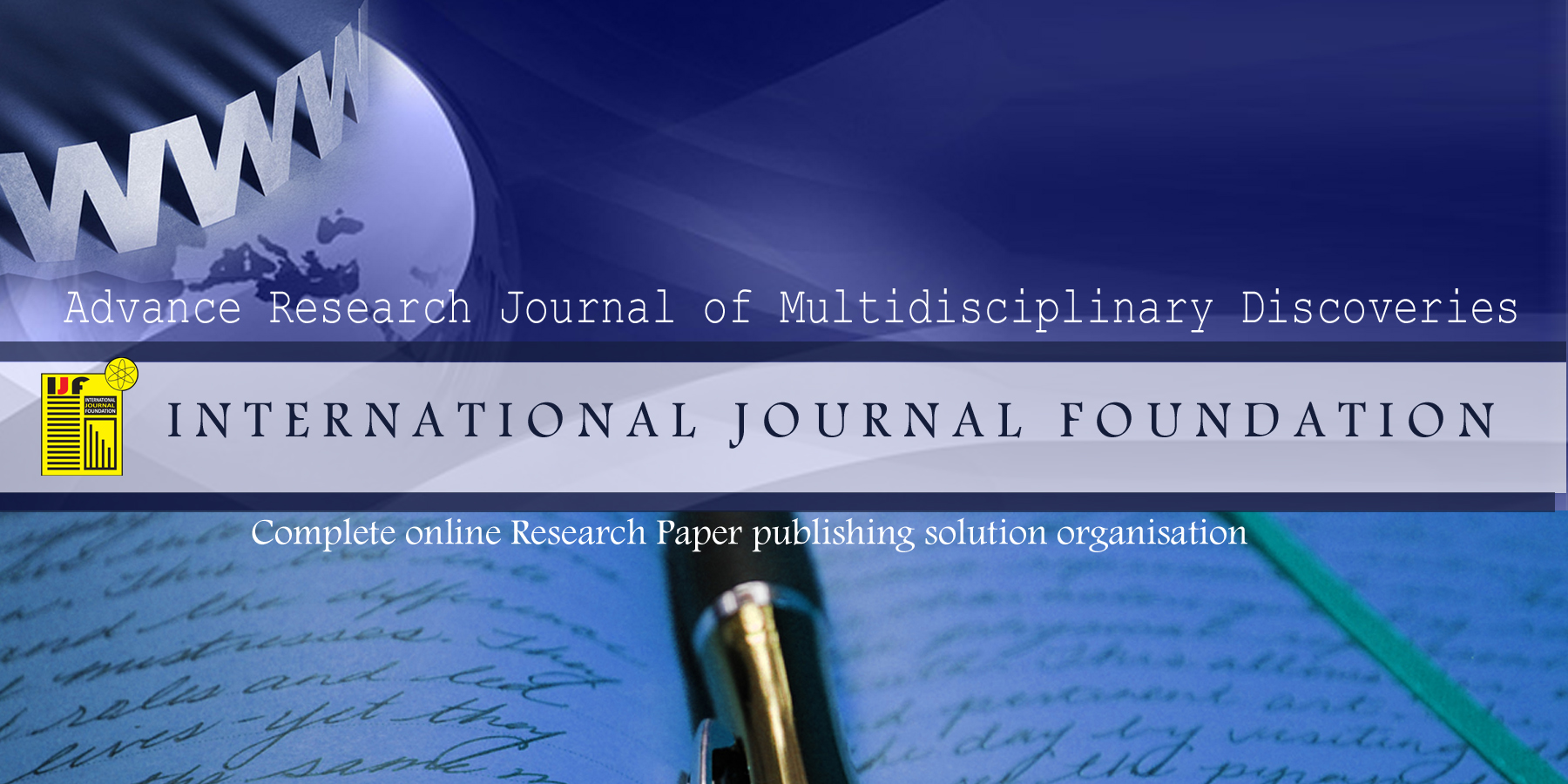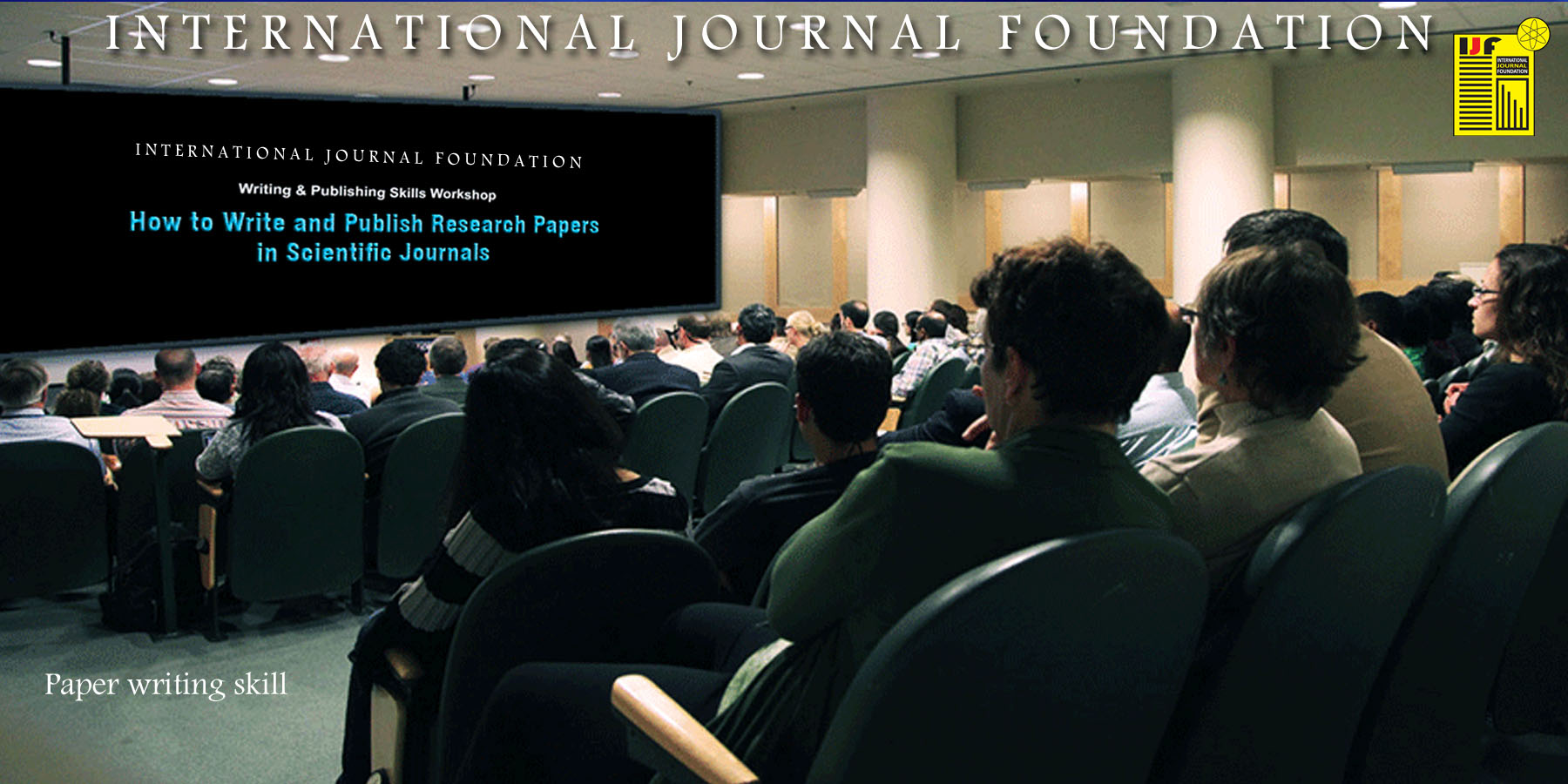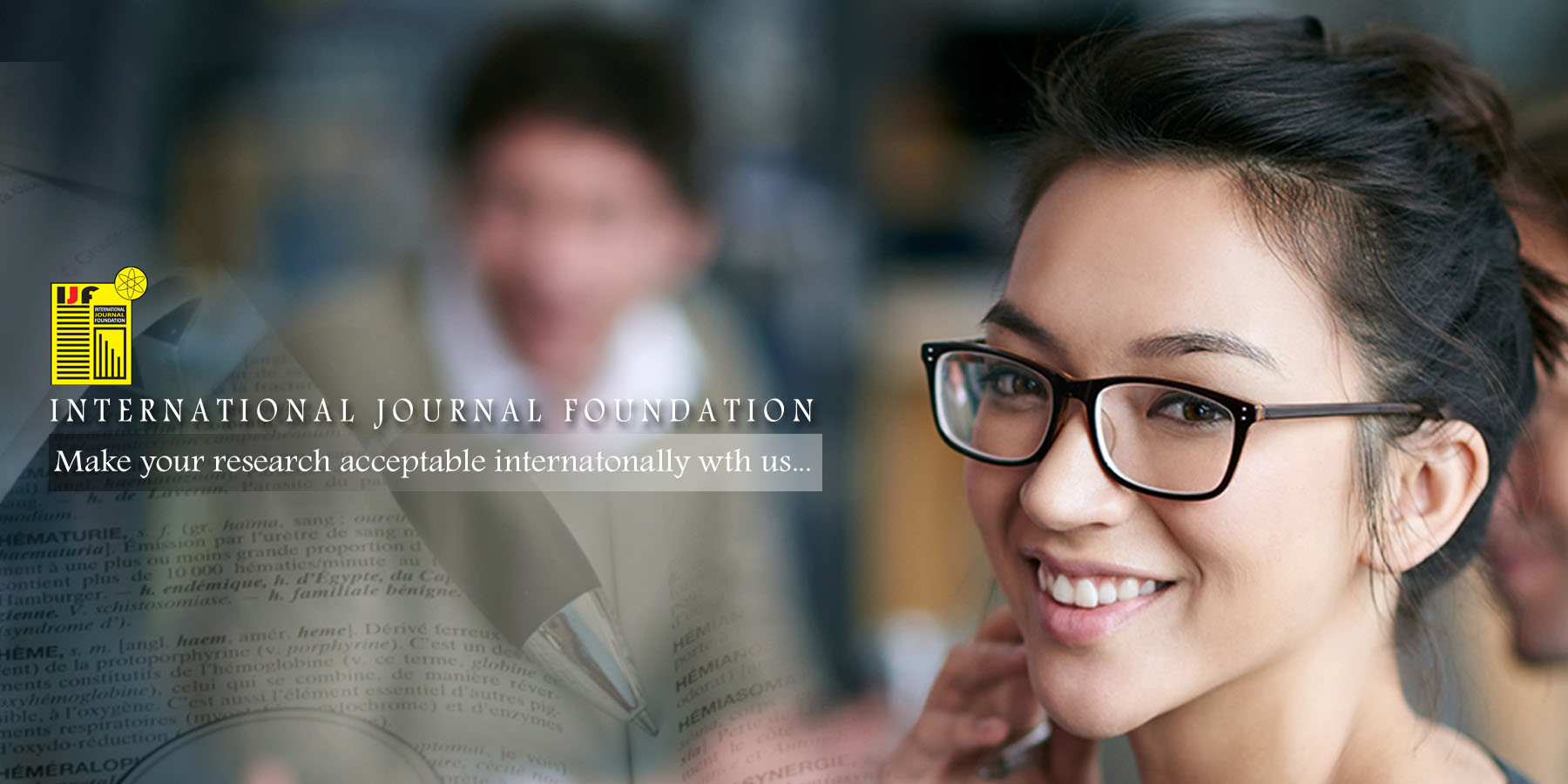PEER REVIEW PROCESS
ARJMD have implemented and designed various review procedures before setting up our current Peer Review process.
Article originality
Importance of research
Any ethical concerns
Proper acknowledgement of prior research
We have a single blinded peer-review process in which the reviewers know who the authors of the manuscript are, but the authors do not have access to the information of who the peer reviewers are. Editors need to ensure that this process is followed and that any information is not being shared with the authors and/or any other researchers.
Every manuscript will be examined by the executive editor, and then forwarded to the review members for blind review. The research paper shall be published subject to the recommendation by the reviewers. The review process may take up to two month to three months (Maximum four months in extra ordinary circumstances).
The author’s shall be informed about the selection/rejection of the article/paper by e-mail only. However, the journal shall publish the article/papers of the authors completing the formalities in due time mentioned in the selection letter. The rejected papers shall not be returned.
After acceptance of the article the author’s shall be completed the documentation formalities within the due mentioned date.
DUTIES OF EDITORIAL BOARD
The editorial board is widely regarded as the backbone of any journal. IRFSD journal are managed by a team of highly qualified researchers with significant experience in their respective field. The editorial office works closely with our Editors throughout the publication process.
The main role of an editor’s is to handle the total Peer Review process for an article. If an editor feels that they have competing interests with the authors, they should immediately contact the editorial office to be reassigned.
-
Editor’s should direct authors and reviewers with the guidelines in accordance with the journal.
-
Editor’s should possess good interpersonal skills and encourage submission of high quality manuscripts and assist Editor-in-Chief/Executive Editors in monitoring the quality of the manuscript content.
-
Editor’s must communicate other members of the editorial board with updated information and new policies of the Journal.
-
Editor’s should monitor the manuscripts for writing style, language, presentation according to the journal’s policy and instructions.
-
Editor’s should ensure effective peer review process and timely publication.
-
Editor’s should ensure the integrity of the Journal content and quality in the published articles.
-
Editor’s should ensure that the manuscript is neither plagiarized nor published elsewhere.
Choosing Reviewers:
Editors are responsible for choosing appropriate reviewers for evaluation. The Editor-in-Chief can choose the reviewers from the database of reviewers who best suit the manuscript scope. If the Editor-in-Chief feels that the existing reviewers are not properly able to judge the research, he/she can invite external reviewers onboard.
DUTIES OF REVIEW BOARD
Before Review : Before starting the review process, once a manuscript is assigned for review, please consider the following points:
§ Does the manuscript match your Areas of Expertise?
§ Do you have enough time to spare for a detailed review of the article?
§ Is there any conflict of interest with the authors?
§ Are you planning to write an article on the same topic?
If reviewer feels that he/she can properly carry out the evaluation of the assigned article without any problem, then he/she can request to take up the review process from the Editorial System.
Once reviewer have taken up the article for evaluation, he/she should keep in mind the following points:
-
Confidentiality: The manuscript (or its existence) should not be shown to, disclosed to, or discussed with others, except in special cases, where specific scientific advice may be sought; in that event the editor must be informed and the identities of those consulted disclosed. Information acquired by a reviewer from such a paper is not available for disclosure or citation until the paper is published.
-
If a reviewer feels that he/she is not perfect enough to review the manuscript or lacks the time to review the manuscript, without undue delay reviewers should destroy/erase the manuscript and inform the editor.
-
Judge the manuscript objectively : Reviewers should not make personal criticism in their reviews.
-
Reviewer’s should respect the intellectual independence of authors.
-
To explain and support their judgments so that editors and authors may understand the basis of their comments, and to provide reference to published work, where appropriate.
-
If reviewers find any similarity between the submitted manuscript and another either published or under consideration by another journal, he/she should inform the editor.
-
Reviewer’s have to ensure that all unpublished data, information, interpretation and discussion in a submitted article remain confidential and not to use reported work in unpublished, submitted articles for their own research.
-
Reviewer’s have to alert the editor if a manuscript contains or appears to contain plagiarized material, falsified or manipulated data.
-
To only suggest that authors include citations to the reviewer’s (or their associates’) own work where this adds value to the scientific aspects of the paper.
-
Not to retain or copy the submitted manuscript in any form; to comply with data protection regulations, as appropriate.
-
Not to use information obtained during the peer review process for their own or any other person’s or organization’s advantage, or to disadvantage or discredit others.
















